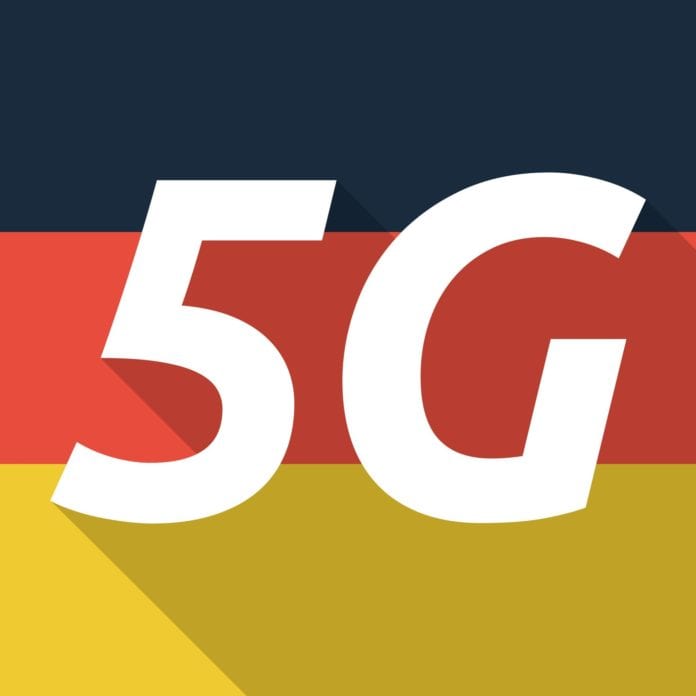The company said it will apply for admission to the 5G spectrum auction, which is scheduled to take place later this year
German operator 1&1 Drillisch said it will apply for admission to the 5G auction with the Federal Network Agency (BNetzA), according to a company statement.
If the MVNO succeeds in acquiring 5G spectrum licenses in an upcoming tender, the company will become Germany’s fourth mobile operator.
Drillisch, in which United Internet owns a 73% stake, said it had allocated 2.8 billion euros ($3.18 billion) in financing from a European banking consortium to back its bid in the 5G auction process, in addition to its own sources of funding.
Unlike existing carriers Deutsche Telekom, Vodafone and Telefonica Deutschland, 1&1 Drillisch is required to file a detailed submission to the regulator, including its financing for 5G and which vendors it would work with to develop its service.
According to industry sources, the potential newcomer is in talks with Finnish vendor Nokia and Chinese telecom gear provider ZTE.
1&1 Drillisch provides a portfolio of services and products including DSL, mobile voice and data services.
Telefonica Germany also announced it has submitted its application for the 5G auction to the BNetzA, ahead of the Jan. 25 deadline. The carrier added that it has still concerns relating to the conditions of the auction set by the regulator.
In November, the Bundesnetzagentur had published the final draft conditions for the country’s 5G auction. Bundesnetzagentur President Jochen Homann said the proposal had been revised from the original taking into account numerous comments from interested parties.
Among the other final draft conditions are required minimum data rates of 100 Mbps available by the end of 2022 in 98% of households in each state, all federal highways, all main roads and along the major railway routes.
Also, each existing carrier must also install 1,000 5G base stations and 500 other base stations in defined areas by the end of 2022. At the end of 2024, 5G coverage should be extended to seaports, main waterways and all other road and rail routes in the country. The regulator said that the minimum coverage rules will not be applicable to any new entrant.
The regulator’s documentation also includes the expectation that operators would work together on providing coverage in areas not economically viable for each to install their own equipment.
German mobile operators are subject to additional requirements on expansion of their mobile networks as part of the terms for auction participation.
The German government has proposed a change to the Telecommunication Law in order to enforce local roaming to close the gaps in mobile service in rural areas. The change in law would mean that in future providers would be required to share spectrum and infrastructure in areas where it isn’t economically feasible for each to install its own equipment. Also, a new market entrant without its own current, developed network, could bid for a 5G license.
All three network operators in Germany have legal complaints filed in regards to the 5G auction rules.

